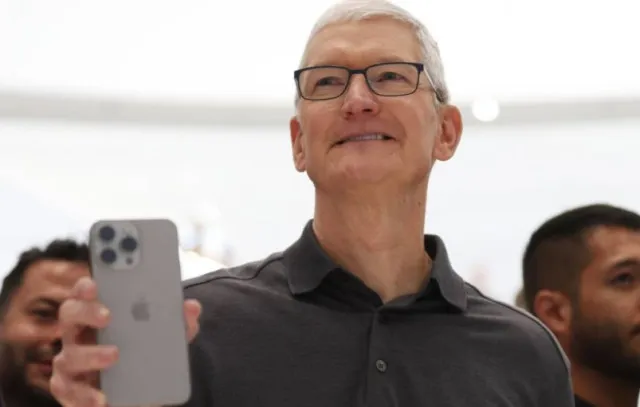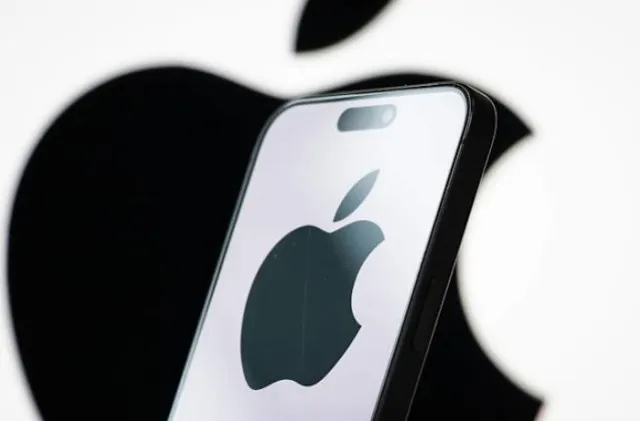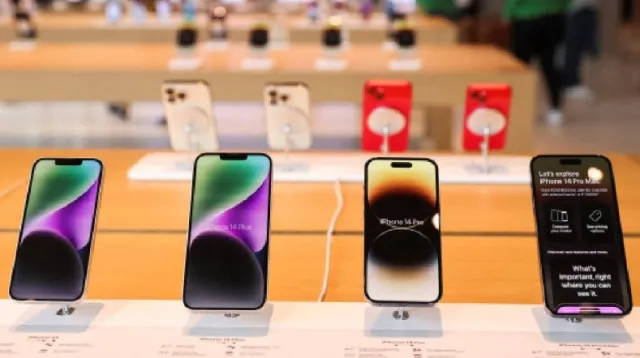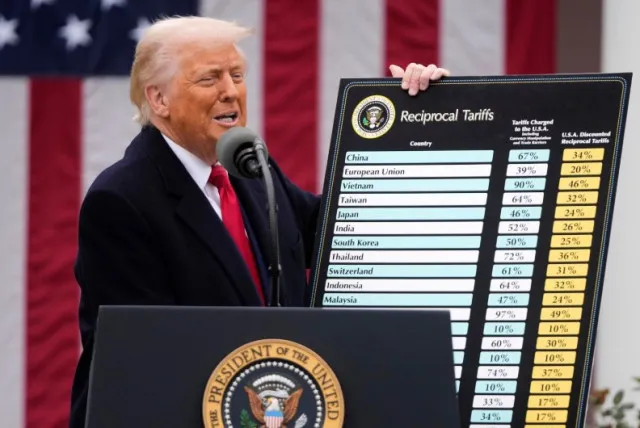Apple CEO gave a straightforward response regarding how Trump’s tariffs could affect iPhone prices, addressing concerns from the public.
There has been a lot of discussion about how new import tariffs will affect the price of the iPhone.
Many people are curious about whether these tariffs will lead to higher costs for consumers.
Recently, Apple CEO Tim Cook addressed these concerns during a company earnings call.
Apple CEO gives straightforward answer on how Trump’s tariffs impact iPhone costs
Earlier this year, President Donald Trump announced a series of import tariffs.
This has raised questions about how much more consumers will have to pay for products like the iPhone.

Many fear that the extra costs associated with these tariffs will be passed on to customers.
In the recent earnings report for Q2 2025, Cook discussed the potential effects of these tariffs on Apple’s finances.
He did not provide a direct answer to how much iPhone prices might increase.
However, he did mention that tariffs could raise Apple’s costs by approximately $900 million for the quarter.
Specifics on tariffs and Apple products
During the earnings call, Cook highlighted that certain Apple products have already been affected by tariffs.
He said: “For China, there was an additional 125% tariff for imports of certain categories of products announced in April.

And for us, that’s some of our US AppleCare and Accessories businesses, and brings the total rate in China for these products to at least 145%.”
Cook’s comments suggest that tariffs are already influencing Apple’s pricing and business strategy.
While smartphones are currently exempt from these tariffs, the future remains uncertain.
It is unclear if this exemption will change, which could lead to price increases for iPhones in the future.

Apple sources components from many countries worldwide.
Apple sources components for its products from various countries, including Japan, Taiwan, China, and India.
If any of these countries face increased tariffs from the U.S. government, this could add to Apple’s overall costs.
The company relies on a global supply chain, which makes it vulnerable to changes in trade policies.
Cook did not confirm any specific price increases for the iPhone.
This lack of announcement might indicate that Apple has not yet determined how to address the tariffs.
However, if these tariffs continue in the long term, consumers may find themselves paying more for imported goods
Consumer concerns about future pricing of the iPhone
Many consumers are concerned about the potential for higher prices on Apple products.
As tariffs are designed to increase the cost of imported goods, it seems likely that Apple may eventually need to raise prices to maintain its profit margins.

This means that iPhone users could see price hikes in the near future.
The uncertainty surrounding tariff policies makes it difficult for consumers to plan for future purchases.
If prices do rise, many will have to decide if they can afford the new costs associated with Apple products.